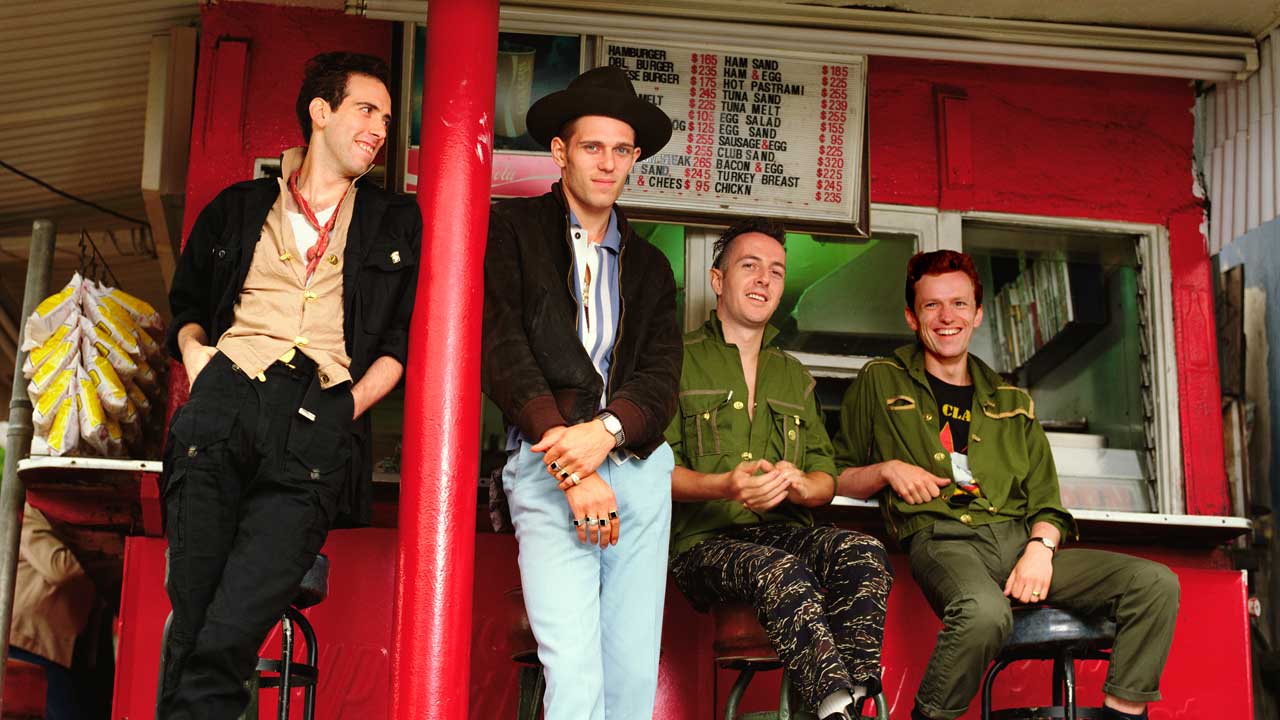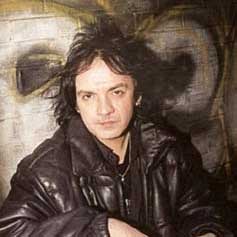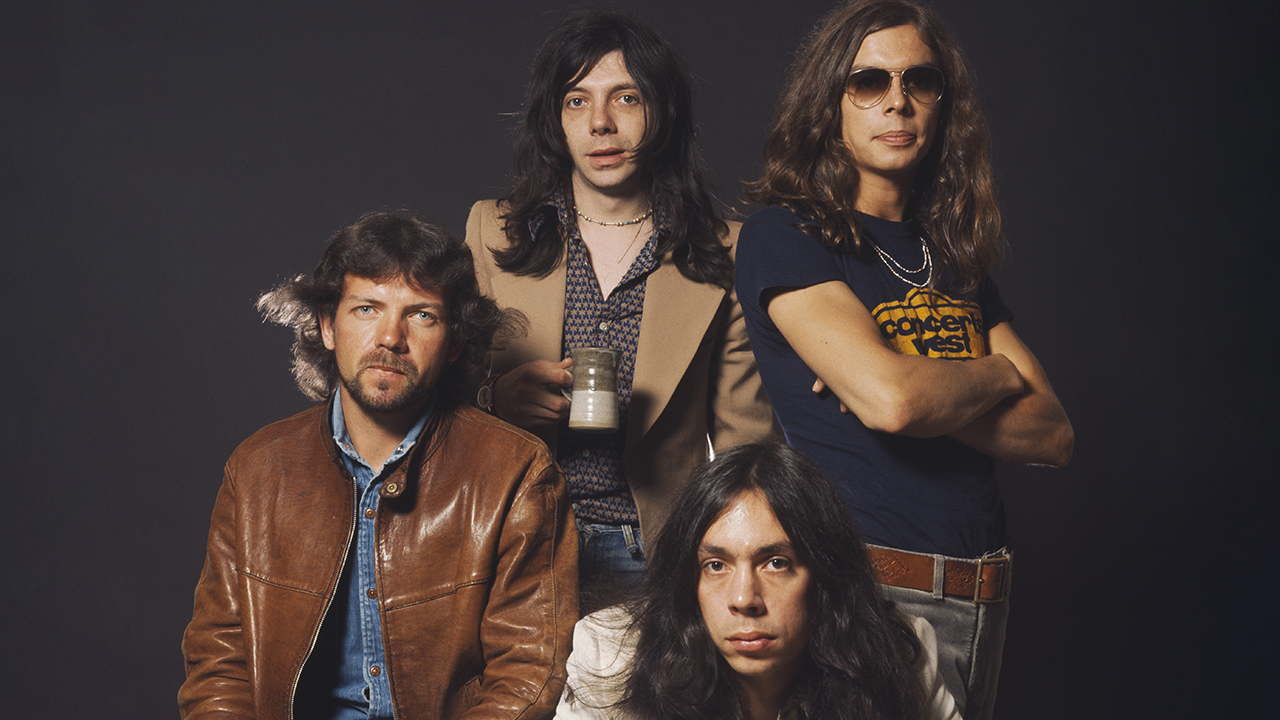Tension, ego, heroin: How The Clash's epic unreleased double album Rat Patrol From Fort Bragg all but finished them off
Combat Rock would gave The Clash their biggest singles, but it was only part of a bigger, more ambitious mothership

The Clash’s fifth album, Combat Rock, was aptly named. Created against a backdrop of growing tension, behind-the-scenes machinations and spiralling drug abuse, it would gave the band their biggest singles but also contributed to their break-up. But Combat Rock was only part of a bigger, more ambitious mothership – the double album Rat Patrol From Fort Bragg.
At the start of 1981, The Clash were starting to come apart at the seams. The previous year’s Sandinista! had polarised fans, and now singer/ guitarist Joe Strummer and bassist Paul Simonon had voted to bring back original manager Bernie Rhodes in an attempt to regain some of their old spark, overruling guitarist Mick Jones, who was spending much of his time in New York with girlfriend Ellen Foley. “I wanted to reignite the old firm, like in The Wild Bunch,” Strummer said in 1999. “Get the old gang together and ride again.”
Keen to avoid another Sandinista!, Strummer wanted to bang out the new songs in the old style. It started well enough, with the band recording a handful of tracks in April 1981 at Marcus Music in Westbourne Grove, including Sean Flynn, Car Jamming and the single This Is Radio Clash, before heading back out on tour.
But when they reconvened at West London’s Ear Studios in August and September 1981 to carry on working on the album they’d given the working title Rat Patrol From Fort Bragg – referencing both the WW2 desert commando unit who inspired a 60s TV series, and an army base in North Carolina – things were becoming more strained.
They laid down upbeat rockers Know Your Rights, Inoculated City and Should I Stay Or Should I Go, but Jones insisted that the band relocate to Electric Lady studios in New York, where they could experiment with new studio technology. “Mick was always looking for the new thing,” recalled Strummer.
In New York, the creativity flowed and the styles got wilder. At the same time, existing tensions got worse. Strummer and Jones began working different shifts to avoid each other, while drummer Topper Headon was battling a heavy-duty heroin habit.
“We’d just bump into each other occasionally in the studio,” said Headon. “Mick and Joe rowed about everything. I was right out of my head, fucked up on heroin. All four of us were fucked up.” Despite all this, they eventually managed to finish Rat Patrol, only to find their problems just starting.
Sign up below to get the latest from Classic Rock, plus exclusive special offers, direct to your inbox!
In Jones’s mind it was a “contemporary-sounding” 17-track double album. In addition to the songs they’d brought from London were the Uptown calypso-disco of The Beautiful People Are Ugly Too and the skanking Cool Confusion (both tracks inspired by a visit Strummer paid to hip New York club Studio 54), the funked-up First Night Back In London and the Caribbean-flavoured Kangaroo Court (Kill Time).
Elsewhere, the seven-minute instrumental Walk Evil Talk found Headon flexing his jazz chops over sparse keyboard flurries. But it was met with fierce opposition from the others, especially Strummer, who told Jones that he couldn’t mix the songs.
An attempt to mix the record as a band during an Australian tour only exacerbated tensions. Bernie Rhodes brought in veteran producer Glyn Johns to hack the album back to a fan-friendly single album. While Jones sulked, Strummer and Johns slashed songs right back, panel-beating it down to 12 tracks. Several of the tracks from New York were ditched (though Cool Confusion and First Night Back In London appeared as B-sides).
Others had key details changed – the desolate dub of Ghetto Defendant (featuring Allen Ginsberg) was stripped of a verse, while Vietnam laments Straight To Hell and Sean Flynn lost verses and codas (the latter was originally 15 minutes long). “Mick’s attitude was that I ruined his music,” said Strummer. “Fifty per cent was great rock, but the other fifty was what Phil Spector would have called ‘wiggy’.”
Renamed Combat Rock by Strummer, the truncated album was released in April 1982. It peaked at No.2 in the UK and spawned the hits Rock The Casbah and Should I Stay Or Should I Go?. The original version existed only as a rumour for years, until a cassette was unearthed in the 1990s and leaked on to the internet.
Several original Rat Patrol tracks appear on 2013's Sound System box set, and suggested that the band were intent on taking rock’n’roll into new areas and laying down blueprints for 21st-century music.
While Combat Rock remains The Clash’s most successful album, Rat Patrol From Fort Bragg always stood as its long-lost big brother, although the 40th anniversary Combat Rock / The People’s Hall, released in 2022, officially unearthed several more Rat Patrol-derived tracks.
Kris Needs is a British journalist and author, known for writings on music from the 1970s onwards. Previously secretary of the Mott The Hoople fan club, he became editor of ZigZag in 1977 and has written biographies of stars including Primal Scream, Joe Strummer and Keith Richards. He's also written for MOJO, Record Collector, Classic Rock, Prog, Electronic Sound, Vive Le Rock and Shindig!

